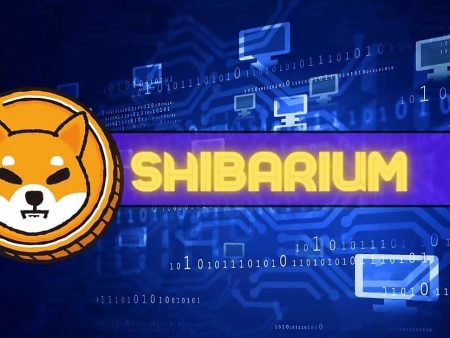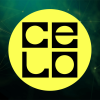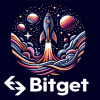LSD-fi (Liquid Staking Derivatives), or liquidity staking derivatives, is an emerging concept in the decentralized finance (DeFi) space. These are assets created by collateralizing staking tokens to receive more liquid tokens in return.
So what exactly is LSD-fi, and why is it attracting significant interest from investors? Let’s explore it further with AZCoin in this article!
What is LSD-fi (Liquid Staking Derivatives)?
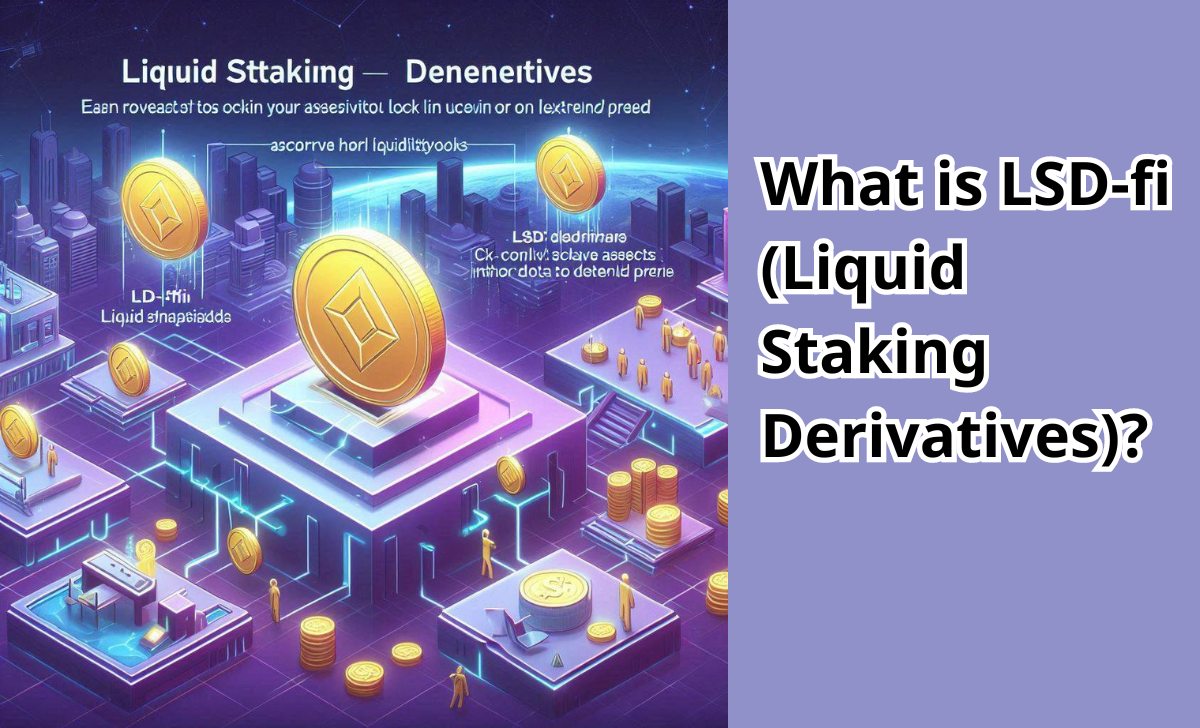
LSD-fi (Liquid Staking Derivatives) is a new technology within the DeFi ecosystem that allows users to earn rewards from staking without having to lock their assets for an extended period.
In traditional staking, your assets are often locked up, limiting liquidity and the ability to use them in other activities. LSD-fi addresses this issue by providing derivative products that convert staked assets into liquid tokens, thus offering more opportunities to engage in other activities within the DeFi ecosystem.
Specifically, LSD-fi not only helps users receive staking rewards but also allows them to continue using these assets for transactions, investments, or borrowing. This not only optimizes returns but also enhances flexibility in managing digital assets and optimizing portfolios like StakeStone.
How does LSD-fi work?
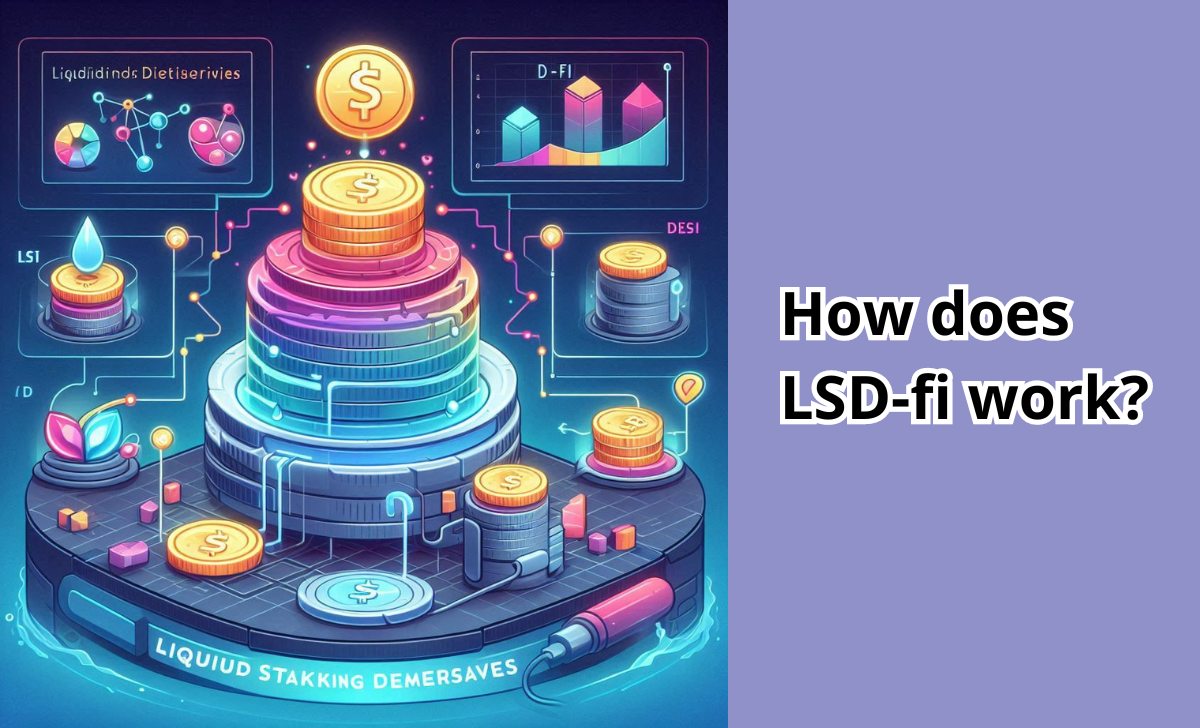
LSD-fi operates based on a mechanism that creates derivative tokens representing staked assets. When users participate in staking on a platform supporting LSD-fi, they receive these derivative tokens, such as stETH (Stake ETH) on Lido Finance. These tokens can be used in DeFi activities like providing liquidity, participating in lending protocols, or simply trading on DEXs.
LSD-fi projects typically ensure that the value of derivative tokens remains aligned with the underlying assets through balancing and risk management mechanisms. When users wish to withdraw their staked assets, they can exchange these derivative tokens to reclaim the original assets along with the corresponding staking rewards.
Benefits and limitations of LSD-fi
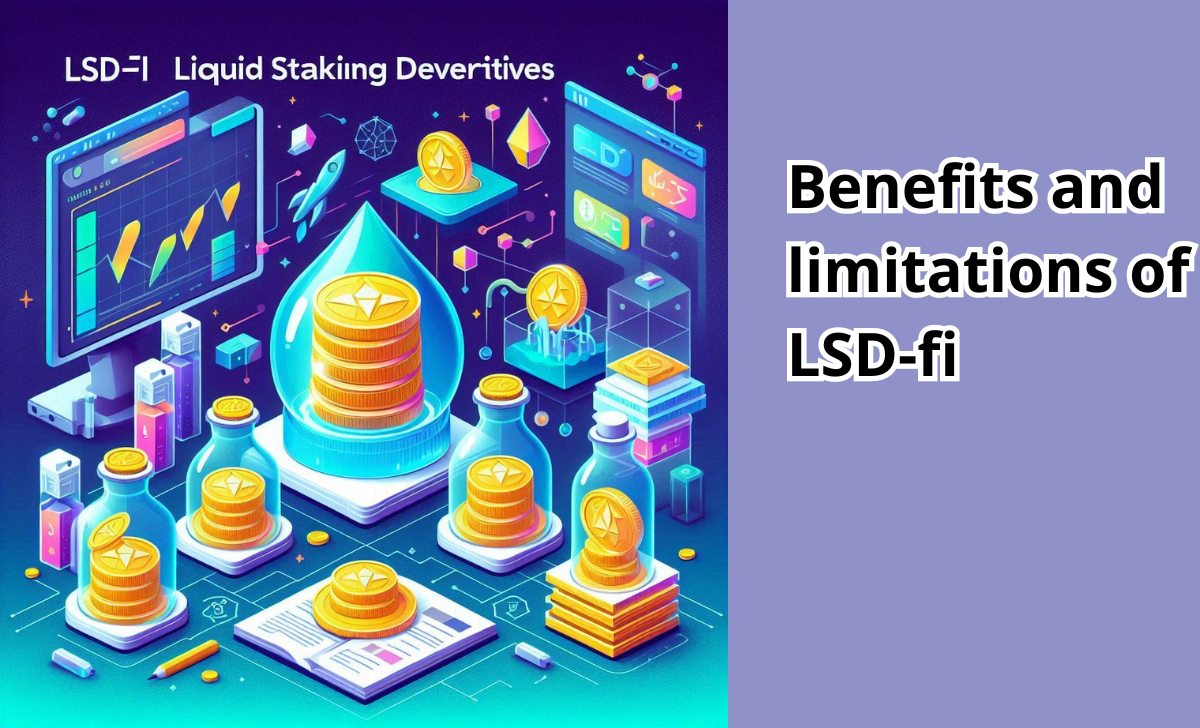
Benefits
- High Liquidity: Instead of being locked for a long period, staked assets can be converted into liquid derivative tokens, allowing users to continue using them for activities like trading, lending, or investing in other DeFi protocols.
- Optimized Returns: Users not only receive staking rewards but can also enhance returns by using derivative tokens in other DeFi activities. This helps maximize returns from the same asset, offering greater economic efficiency.
- Diversified Investments: LSD-fi opens up many opportunities for users to diversify their investment portfolios without having to withdraw staked assets. Using derivative tokens can help mitigate overall risk and capitalize on other investment opportunities within the DeFi ecosystem.
- Flexibility: With LSD-fi, users can easily switch between staking protocols or use staked assets to meet other financial needs without waiting for unlock periods.
Limitations
- Derivative Risks: Derivative tokens may experience price volatility compared to the underlying assets, especially during market fluctuations or significant events affecting the value of the staked assets. This can lead to a loss in value of the derivative tokens relative to the original assets.
- Management Complexity: Managing derivative assets requires users to have extensive knowledge of DeFi and related risks. Users need to understand how LSD-fi works and the factors that may impact the value of derivative tokens to make informed financial decisions.
- Project Risks: Not all LSD-fi projects are safe or stable. Users need to be cautious when selecting platforms or projects to participate in, as some projects may lack strong protective mechanisms or be prone to attacks.
- Dependence on DeFi Ecosystem: The success of LSD-fi heavily depends on the development and stability of the DeFi ecosystem. If the DeFi market faces difficulties or downturns, the value of derivative tokens may be severely impacted.
If you are an investor looking for a safe place to trade cryptocurrencies, check out our list of the best crypto exchanges 2024 here.
Notable LSD-fi Projects
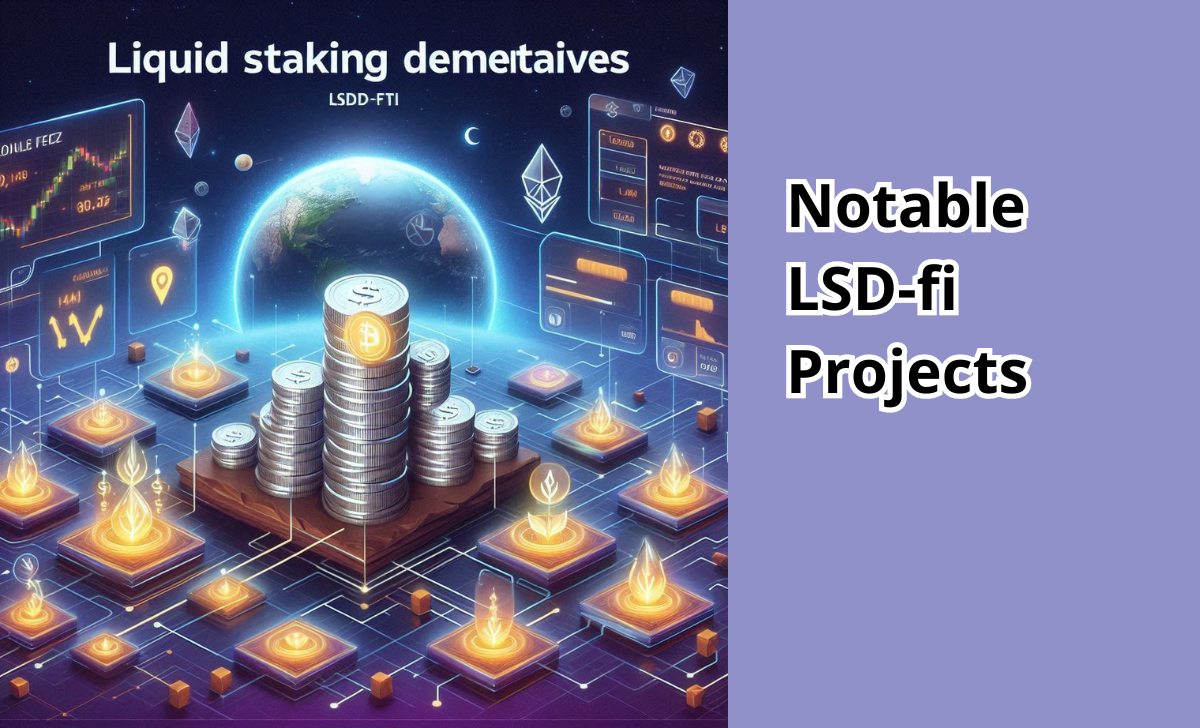
Pendle Finance
Pendle Finance is a Yield Derivatives platform that allows users to collateralize, trade, and invest in future yields. The project is notable for its “discounted asset” concept, allowing users to purchase assets at a lower price but receive them later.
Pendle’s ecosystem revolves around the PENDLE token, with prominent projects like Equilibria and Penpie. Pendle is currently one of the largest LSD-fi projects, with a TVL of over $140 million and a total trading volume of nearly $180 million, ranking second in market capitalization according to CoinGecko.
Lybra Finance (LBR)
Lybra Finance is a pioneering protocol in the LSD-fi space, offering the ability to mint stablecoins with an eUSD interest rate by collateralizing ETH or stETH. Lybra Finance’s eUSD has quickly become one of the most robust stablecoins in the DeFi space.
Agility (AGI)
Agility is an LSD project on the Ethereum platform focused on providing liquidity for LSD holders and other LSD protocols. The project aims to become a platform offering optimal returns for users by improving actual yields and unlocking LSD liquidity with minimal costs. Additionally, Agility seeks to meet the liquidity needs of other LSD protocols.
unshETH (USH)
unshETH is a Liquid Staking Derivatives (LSDs) project operating on Ethereum, allowing users to stake ETH and LSD tokens to earn returns. The project aims to create an aggregator platform providing users with access to and optimization of returns from LSD tokens on the Ethereum network.
Maverick Protocol (MAV)
Maverick Protocol is an AMM DEX platform that uses Directional LPing, enabling liquidity providers to receive the best prices by targeting liquidity provision in specific directions. A unique feature of Maverick AMM is its support for Native LSTs, ensuring stable liquidity within the yield range of these Native LSTs.
Conclusion
In summary, LSD-fi (Liquid Staking Derivatives) is opening up new opportunities for users in the DeFi space, helping them optimize returns without sacrificing liquidity. We hope this article has provided you with a clearer understanding, and don’t forget to follow AZcoin for the latest updates and investment opportunities!

I am Louis Dang, living in Ottawa, Canada. I am currently working as a trader for AZCoin company, with 7 years of experience in the cryptocurrency market, I hope to bring you useful information and knowledge about virtual currency investment.

